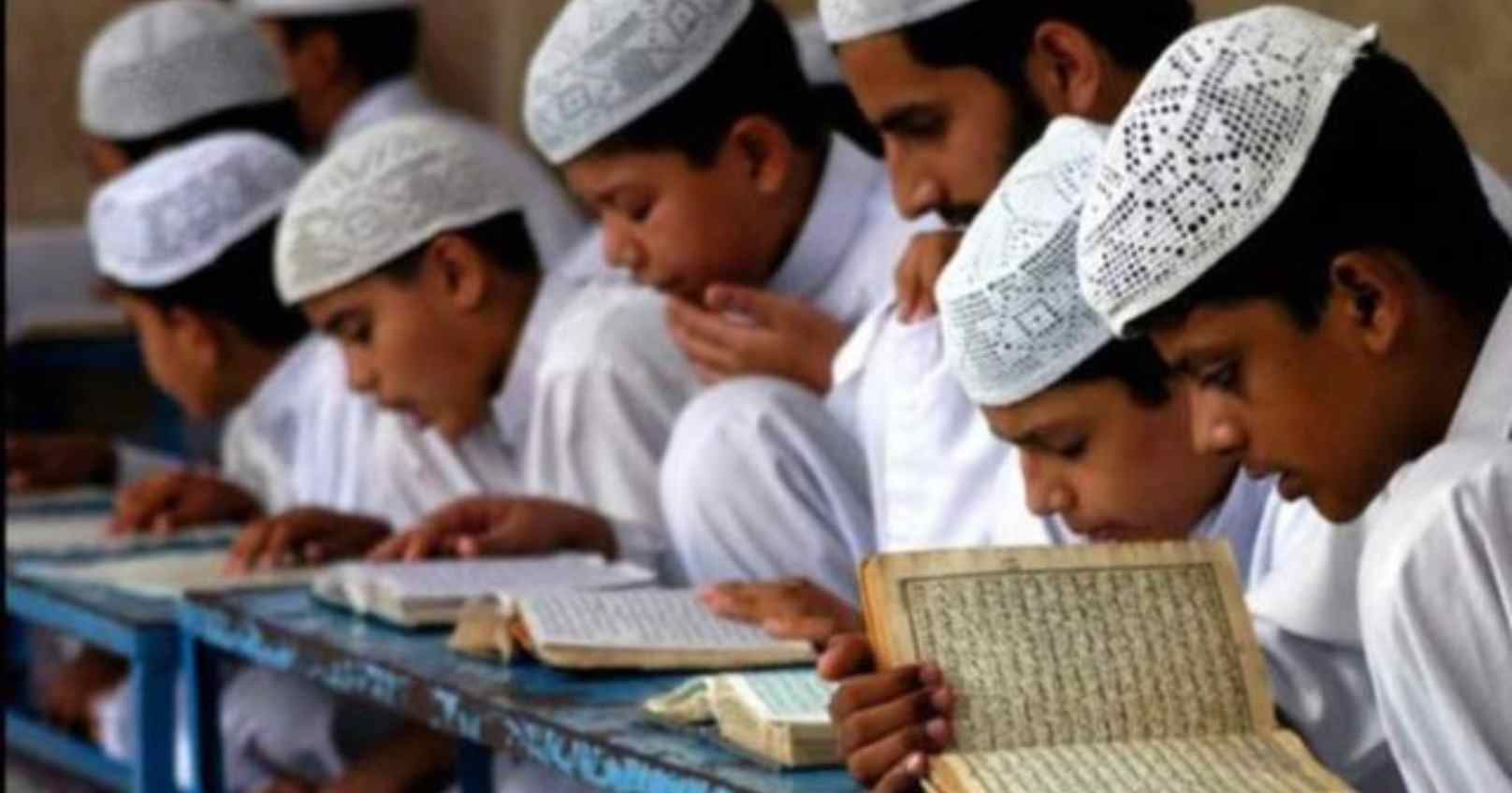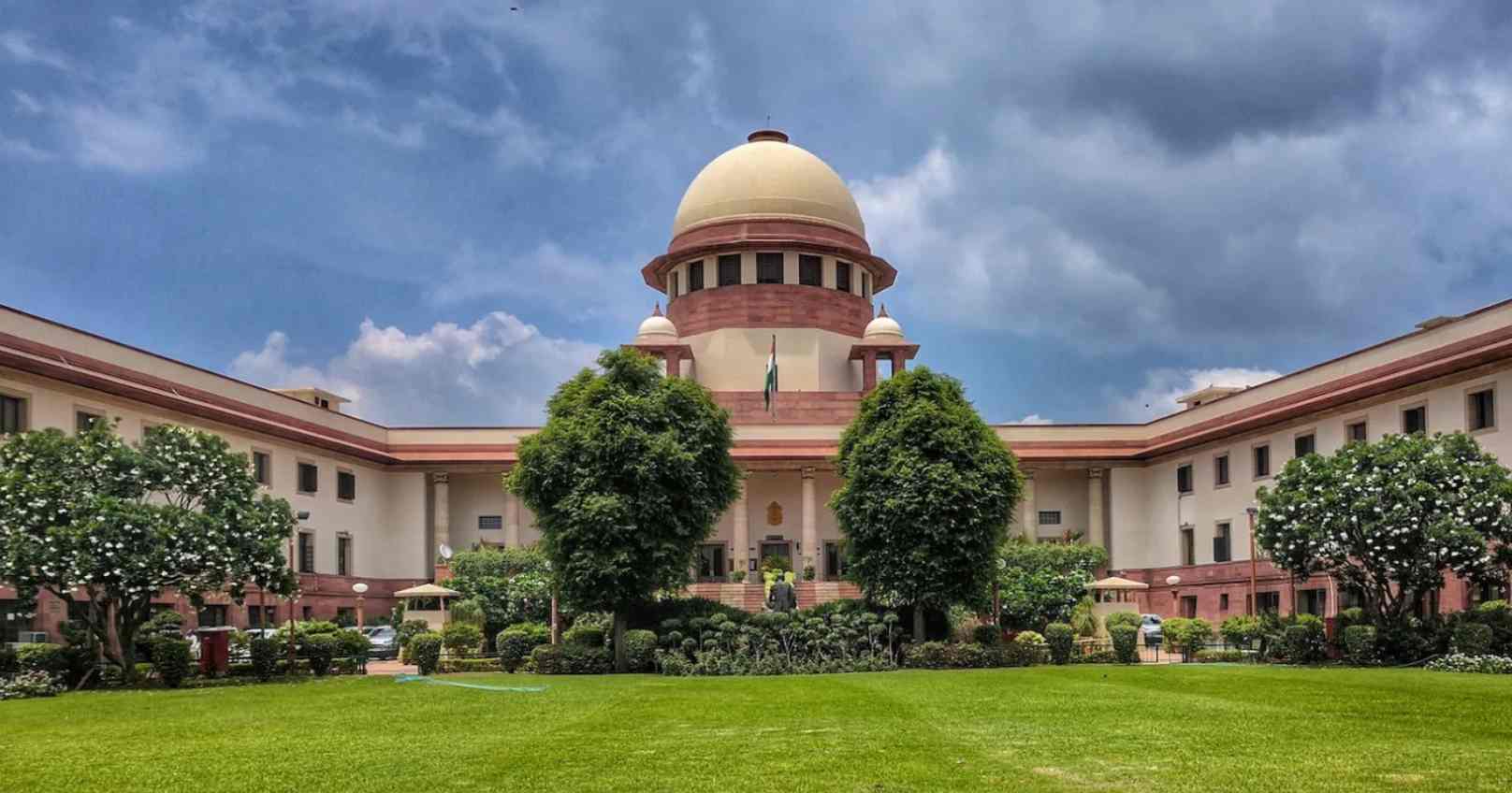The National Commission for Protection of Child Rights (NCPCR) has filed an affidavit in the Supreme Court, challenging the Allahabad High Court's ruling that struck down the UP Board of Madarsa Education Act, 2004. The NCPCR argues that the education provided in madrasas does not meet the comprehensive standards required under the Right to Education (RTE) Act, 2009.
In its affidavit, the NCPCR claims that madrasas fail to fulfill the fundamental right of children to receive a quality education. The commission pointed out that students in these institutions are deprived of a conducive learning environment and growth opportunities.
The affidavit also raised concerns over non-Muslim students being taught Islamic religious studies, which the NCPCR argues violates Article 28(3) of the Indian Constitution. Additionally, the commission criticized madrasas for lacking a proper curriculum, evaluation process, and compliance with teacher eligibility norms, all of which are mandated by Section 29 of the RTE Act, 2009.
The NCPCR expressed further concern over the qualifications of madrasa teachers, alleging that many lack formal training, such as a Bachelor of Education or a Diploma in Education. The affidavit also highlighted issues related to funding transparency and the absence of extracurricular activities that promote experiential learning.
Regarding content, the commission flagged concerns over madrasa textbooks, particularly those promoting Islamic supremacy. The NCPCR mentioned that some non-Muslim students in states like Bihar, Madhya Pradesh, Uttar Pradesh, West Bengal, and Uttarakhand are also being exposed to these teachings.
The affidavit additionally raised alarm over a fatwa issued by Darul Uloom Deoband, which allegedly suggested consulting scholars on the permissibility of suicide attacks against non-Muslim forces, describing such views as a national security threat.
The Supreme Court is set to review these concerns as it examines the challenge to the Allahabad High Court's decision.







